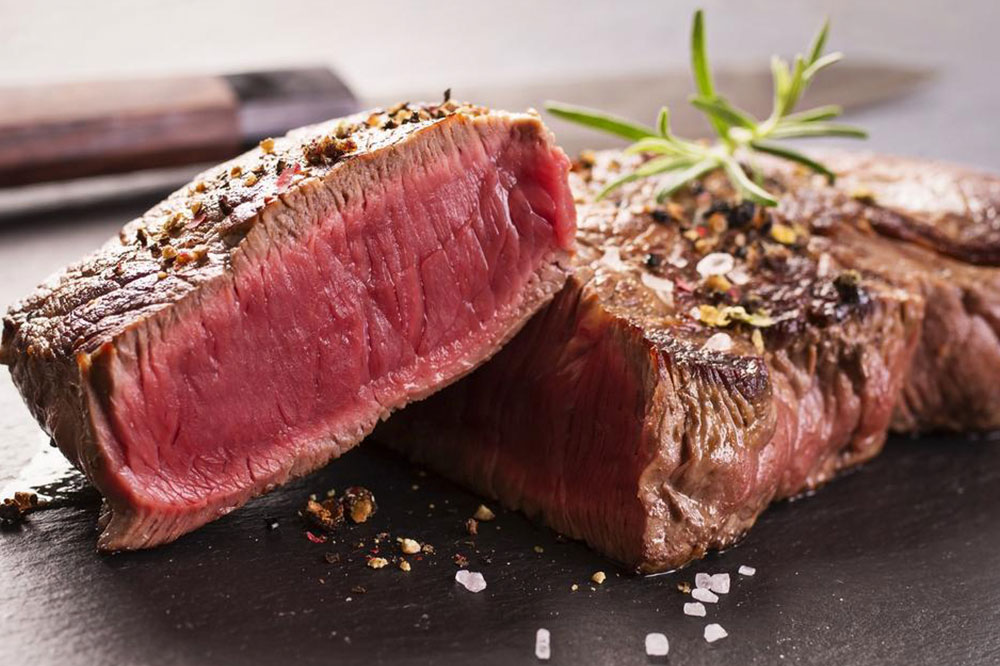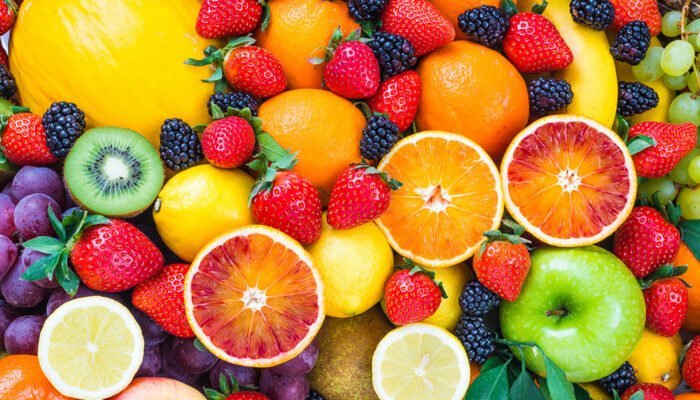
Foods That Can Help Improve IBS
When it comes to Irritable Bowel Syndrome (IBS), it can become a challenge to understand what one should eat when there is so much focus on what one should avoid. While planning an IBS-friendly diet, only focusing on what wouldn’t worsen the condition can lead to overlooking the potential of food and diet in improving the symptoms.
While there is little research on how much improvement can be brought about by dietary choices alone, individuals could always try to observe the results by including foods that are known to boost digestive health. Some foods to eat for IBS patients are:
- Eggs: Eggs can be easily digested and are considered to be safe to eat for IBS patients. Eggs can be consumed hard, soft-boiled, or scrambled. In addition, frittatas and omelets can also make for a healthy meal at any time of the day. Some people, however, may develop a sensitivity to the protein content in eggs or the fat content in the yolk. In such cases, eggs should be left out of the diet.
- Lean meats: The main component of lean meat is protein. As proteins can be digested easily and cannot be fermented by the gut bacteria, several symptoms of IBS can be eliminated by including protein sources in the meals. Some of the beneficial foods to eat for IBS patients are pork, white meat chicken, white meat turkey, and lean cuts of beef like bottom round, sirloin, top round, and eye round. However, any kind of dark meat chicken or turkey should be avoided, as they may contain pro-inflammatory fats or unhealthy toxins.
- Low-FODMAP vegetables: Avoiding vegetables entirely because some of them trigger the symptoms of IBS may not be a good idea, as some vegetables can be beneficial for the gut flora. Some vegetables do not cause bloating and gas and can be included in an IBS patient’s diet. Research conducted at Monash University in Australia could bring out a list of vegetables that fit these needs. Some of them are carrots, bell peppers, eggplant, fennel, parsnip, potatoes, tomatoes, turnip, zucchini, water chestnut, green parts of scallions, and sweet potatoes. Individuals can start by including these vegetables in their diet and expand their horizons gradually.
- Low-FODMAP greens: Gut flora can also benefit from the inclusion of leafy greens in the diet. In most cases, these are beneficial foods to eat for IBS patients, as they are packed with nutrients and are not fermented in the gut. They can be consumed raw (if tolerable), in salads, or in the form of a juice. They can also be sauteed with garlic-infused olive oil, as they become more tolerable when cooked and can be digested more easily. Some examples of low-FODMAP greens are endive, lettuce, kale, radicchio, arugula, collard greens, bok choy, swiss chard, and spinach.



